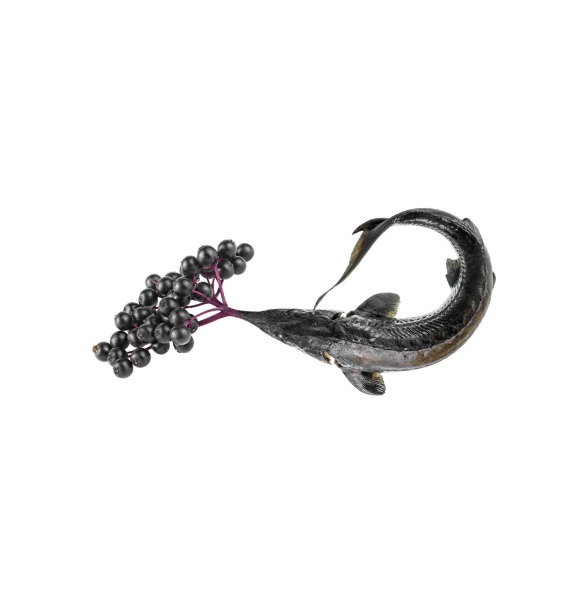News
Madrid Fusión The Wine Edition showcases the fine wine market, and demonstrates the possibilities of sake combinations
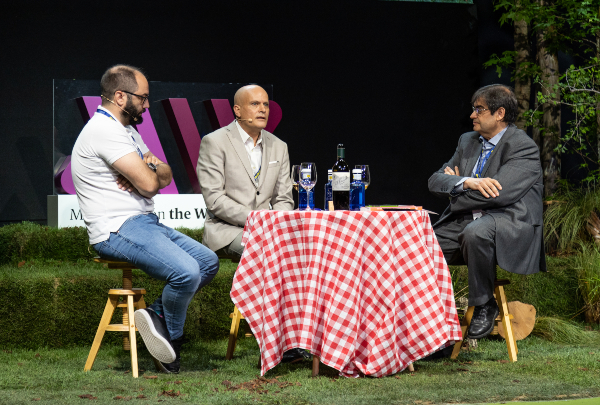
The round tables continued for the second day running at Madrid Fusión The Wine Edition, as educational conversations for professionals operating in the sector, addressing all kinds of wine trends. It was the turn of sake on Tuesday, a tendency with enormous gastronomic potential which appears to be here to stay on the menus of the world’s major restaurants.
In a talk entitled “Sake, the secret weapon of the sumiller and the chef”, Pablo Alomar Salvioni (Salvioni&Alomar), François Chartier (Créateur d’Harmonies en Chartier World LAB – Barcelona) and Hitoshi Utsunomiya (Japan Sake and Shochu Association) carried off an expert tasting session to show how sake can be a better combination with food than wine. Those present were able to verify the qualities of sake as an alternative beverage in combinations with oysters and ham.
The presentation entailed a fusion between two cultures, Oriental and Western, showing that sake has a wide range of flavours and, unlike certain wines, it does not usually take over the meal, and can be the best companion. “The measure of umami is what helps sake enhance the taste of the food”, said Hitoshi Utsunomiya. From the standpoint of a scientific analysis, sake is one of the best alcoholic beverages for seafood, because it brings out the umami of the raw material, and has a lower adverse iron interaction compared to wine. Sake’s molecular composition can boost the pleasure of eating. And it has no sulphites.
François Chartier, an expert in harmonies, conveyed the philosophy of Japanese ‘wine’ to Spanish gastronomy, showing that sake can be the best companion of Mediterranean cuisine, even with one of our most prized products, Iberian ham, which shares the same dominant molecules with certain sakes. “Hams have their own singularity; where the pig is reared, what it eats, curing times, and all this affects the taste. The science of Molecular Harmonies brings us to the comfort zone, and helps give us an overview of the product to enable us to harmonise it”.
After the expert sake tasting session to start off the morning, journalist Juancho Asenjo welcomed writer Antonio Tomás Palacios García and Tao Platón, Technical Director of Península Vinicultores, to the 1st Wine Congress at Madrid Fusión Alimentos de España for a talk on “Lies about wine”. Is everything they say about wine true? On this premise, the experts gave the lie to the false theories about wine which prevent us from enjoying it.
“One of the big lies is the belief that our consumer is not intelligent enough”, said Platón.
“The melancholy we experience when we think of the wines of yesteryear makes us think that all wines are the same now, and that is another fallacy. The fact is that there are more different wines now, and this has to be pointed out”, added Palacios. “We have a certain amount of opposition to changes, but innovating means new adventures, new ways of making wine. Pursuing the future is a kind of vertigo we adore. Tradition and innovation are not enemies, just different ways of understanding wine”.
Human intervention, yes or no? “If there’s no human intervention, there can be no wine”, replied Antonio Tomás Palacios. “The destiny of a wine is to turn into vinegar, and human beings must be involved at some point. Science, technology, the experience acquired, it all adds up to help us do things better every time”.
“The less intervention there is, the more the wine demonstrates its origins, but little intervention doesn’t mean no intervention; you have to know a lot to enable you to do very little”, said Tao Platón.
On the issue of whether a limited amount of wine from a single vineyard is better than a wine produced at several vineyards in larger proportions, Platón replied that this depends. “The best solution is something that gives you balance”. Palacios pointed out: “The hybrid format is a concept in the world of wine that appeals to me, and the art of coupage is a creative opportunity for oenologists”.
The debate continued with answers to other major queries, breaking down the myths concerning wine, such as whether or not autochthonous varieties exist, whether indigenous yeasts are better or worse than those selected, whether cold vintages produce wines of better quality than warm vintages, or whether the sumiller should recommend the latest discovery to diners, or recommend what has been tried and tested.
The Tuesday morning session finished with a talk on “The World of Fine Wines”, explain the concept of ‘fine wines’ around the world and their role in the market. Almudena Alberca MW talked to Jochen de Vylder, founder of Ampersand Wine Auctions and expert on historical Spanish vintages, François Passaga, owner of FAP Grand Cru, and Daniel Carnio, co-founder of OENO, on ways of boosting this business opportunity, as yet unknown in Spain.
An interesting debate ensued, with conclusions concerning the function of auctioneers, the work of retail outlets investing in these kinds of wines, the role of collectors and producers in the sector, and the qualities a wine must have to be considered a ‘fine wine’.
A ‘fine wine’ is not just an expensive wine. It is also a top-quality wine, with the ability to improve over time”, said Carnio. “Price is a consequence of demand, and to obtain a return on a wine you have to wait 10 or 15 years. What we do is identify that purchase opportunity”.
“It is scandalous that nowadays there are no Spanish wines in the fine wine market”, said Passaga. “This is because very few Spanish wines have any world visibility. The Spanish wine market needs a trading conglomerate like Bordeaux’s to help it expand”.
De Vylder agreed with this. “The terroir, experience, tradition and quality. Spain is ready to move into the fine wine market, but it doesn’t have the visibility. Spaniards are too humble, they have it all, but they must learn to market it. It’s a matter of unifying interests and working together to achieve this”.
To prevent fraud, the experts advised new collectors to ask for information on the origin of the wine, and make sure the proper conditions are in place to preserve it once it has been purchased. Specialist companies such as OENO engage investors to keep wines at bonded warehouses with a full conservation guarantee.

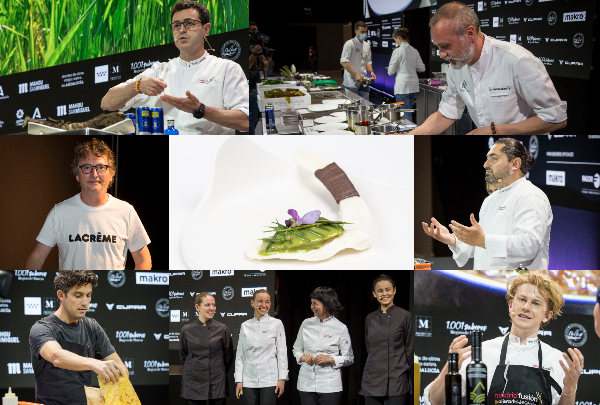
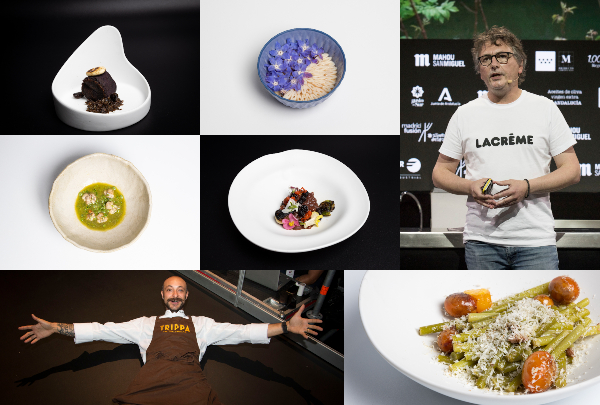
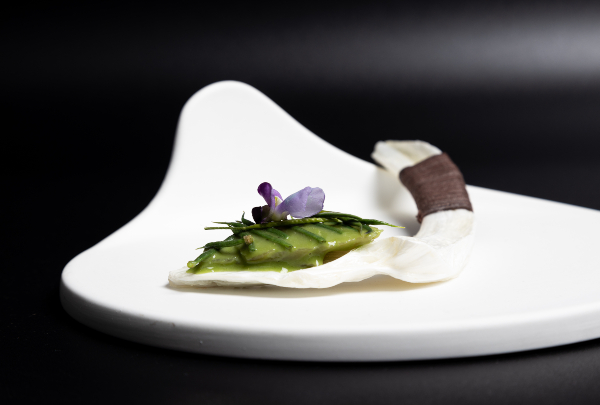
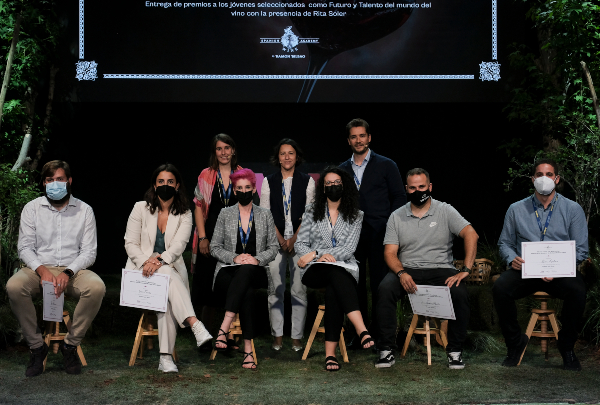
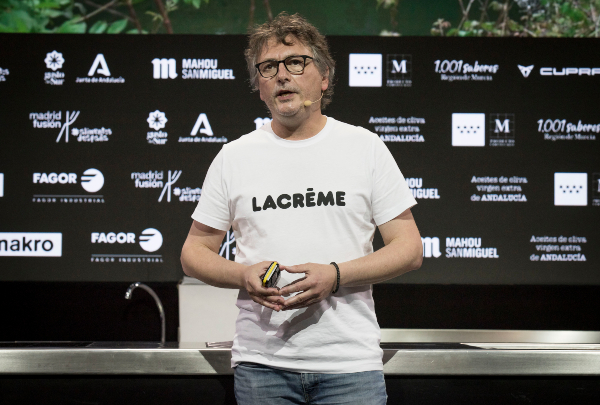
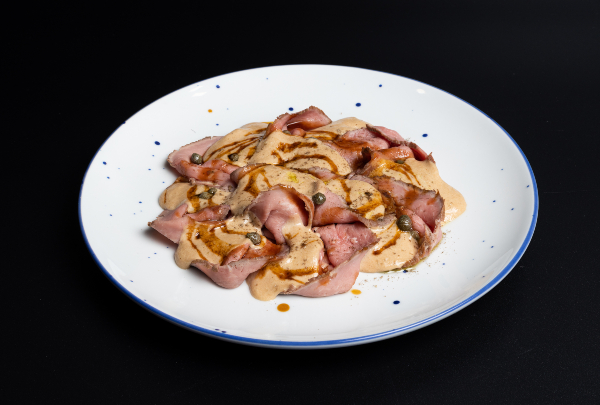
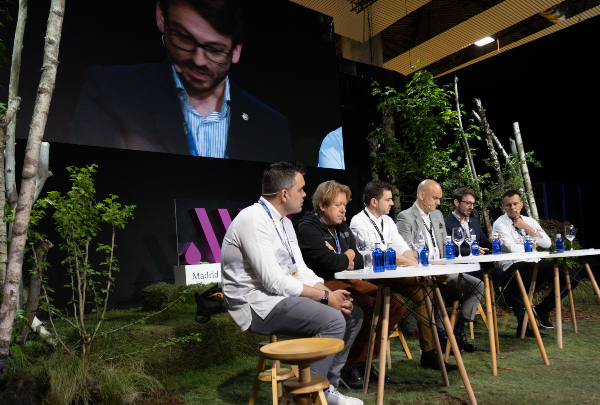
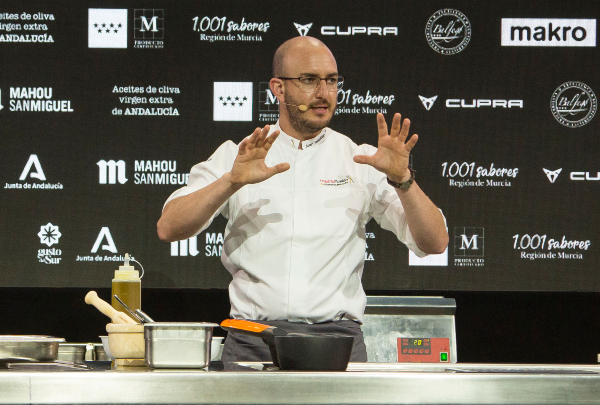
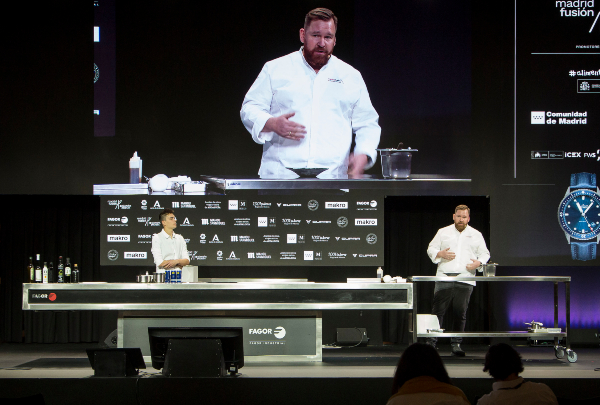
.jpg)
